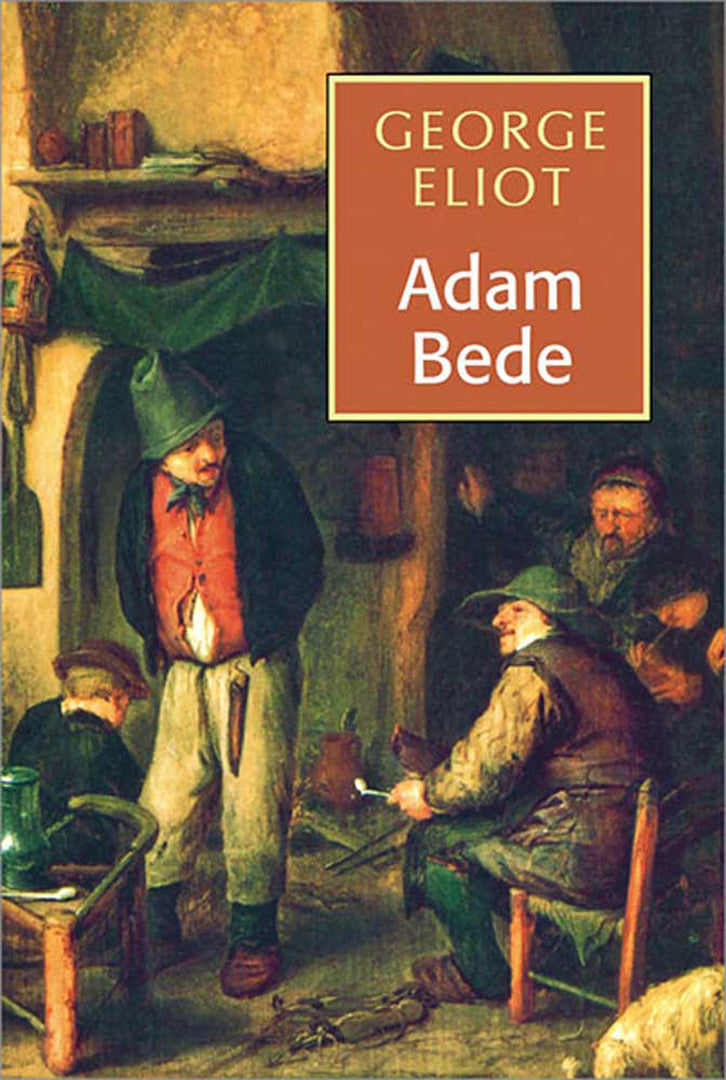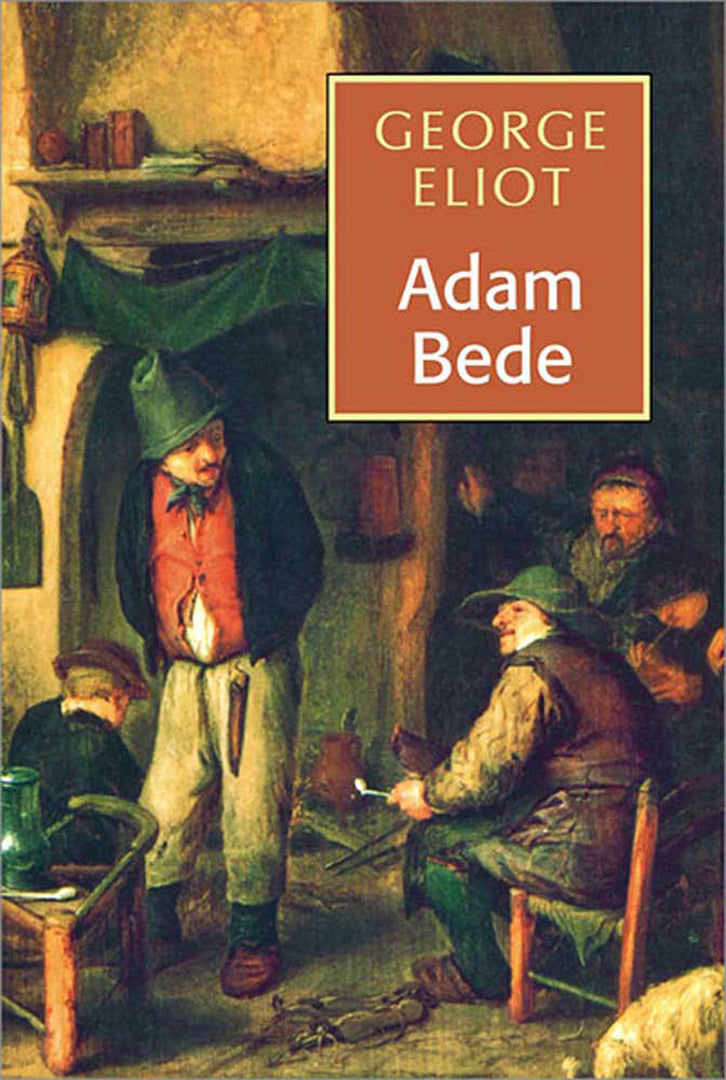Adam Bede
Adam Bede
George Eliot
Couldn't load pickup availability
Share

More Information
- ISBN13:
- Publisher: Atlantic Publishers and Distributors (P) Ltd
- Publisher Imprint: Peacock Books
- Publication Date:
- Pages: 568
- Binding:
- Item Weight:
- Original Price:
About The Book
The novel is based on a story told to George Eliot by her aunt Elizabeth Evans, a Methodist preacher, of a confession made to her by a girl in the condemned cell at Nottingham gaol awaiting execution for the murder of her child. Hetty Sorrel, pretty, vain, and self-centred, is the niece of the farmer Martin Poyser of Hall Farm. Adam Bede, the village carpenter, a young man of dignity and character, loves her. The squire, Arthur Donnithorne, is attracted to Hetty and she is vain enough to dream of becoming the squire's wife. Adam watches Arthur's flirtation with growing anxiety and tries unsuccessfully to intervene. Arthur deserts Hetty after seducing her. Adam's loyalty to Hetty is rewarded when, heartbroken at Arthur's desertion, she agrees to marry him but...
Alexandra Dumas called this novel "the masterpiece of the century". It was highly acclaimed for its realism, for its picturesque portrayal of rural life, and for its humour.
About The Author
George Eliot (pseudonym of Mary Anne, later Marian Evans) was born on November 22, 1819 in Warwickshire. She was educated at several schools, among them Miss Wallington’s Boarding School in Nuneaton, where she met and was greatly influenced by Rev. John Edmund Jones, an evangelical preacher who makes several appearances in her novels. In 1836 her mother died and she became her father’s housekeeper, educating herself in her spare time. In 1841 she moved to Coventry and there she was drawn to an intellectual circle that included Charles Bray and Charles Hennell, whose influences directed her towards free thinking in religious opinion. Her refusal in January 1842 to attend church with her father threw indications of her spiritual position. A few years later she completed the translation of the The Life of Jesus, Criticially Examined by Dr. David Strauss, published by John Chapman in 1846. When Chapman purchased the Westminster Review in 1851, she was made the assistant editor. She moved to London and met Herbert Spencer, for whom she developed strong feelings which were not reciprocated, though the two remained friends. At almost the same time she met the versatile man-of-letters George Henry Lewes. Lewes was separated from his wife, but with no possibility of divorce. In 1854 he and Marian decided to live together and did so until Lewes’s death in 1878. It was he who encouraged her to shift from philosophy to fiction, and during those years, under the name of George Eliot, she wrote Scenes of Clerical Life, Adam Bede, The Mill on the Floss, Silas Marner, Romola, Felix Holt: The Radical, Middlemarch and Daniel Deronda, as well as a large number of essays, articles and reviews. In 1880 she married the forty-year-old John Walter Cross whom she had met in Rome in 1869 and who had become her financial adviser. The marriage was not liked by many of her friends. She died seven months later and was buried beside Lewes at Highgate.
George Eliot combined a sharp intelligence with imaginative sympathy and acute powers of observation, and became one of the greatest and most influential of English novelists. Her choice of material widened the horizons of the novel and her psychological insights radically influenced the novelist’s approach to characterization. In a century of gifted women writers George Eliot stands pre-eminent.

